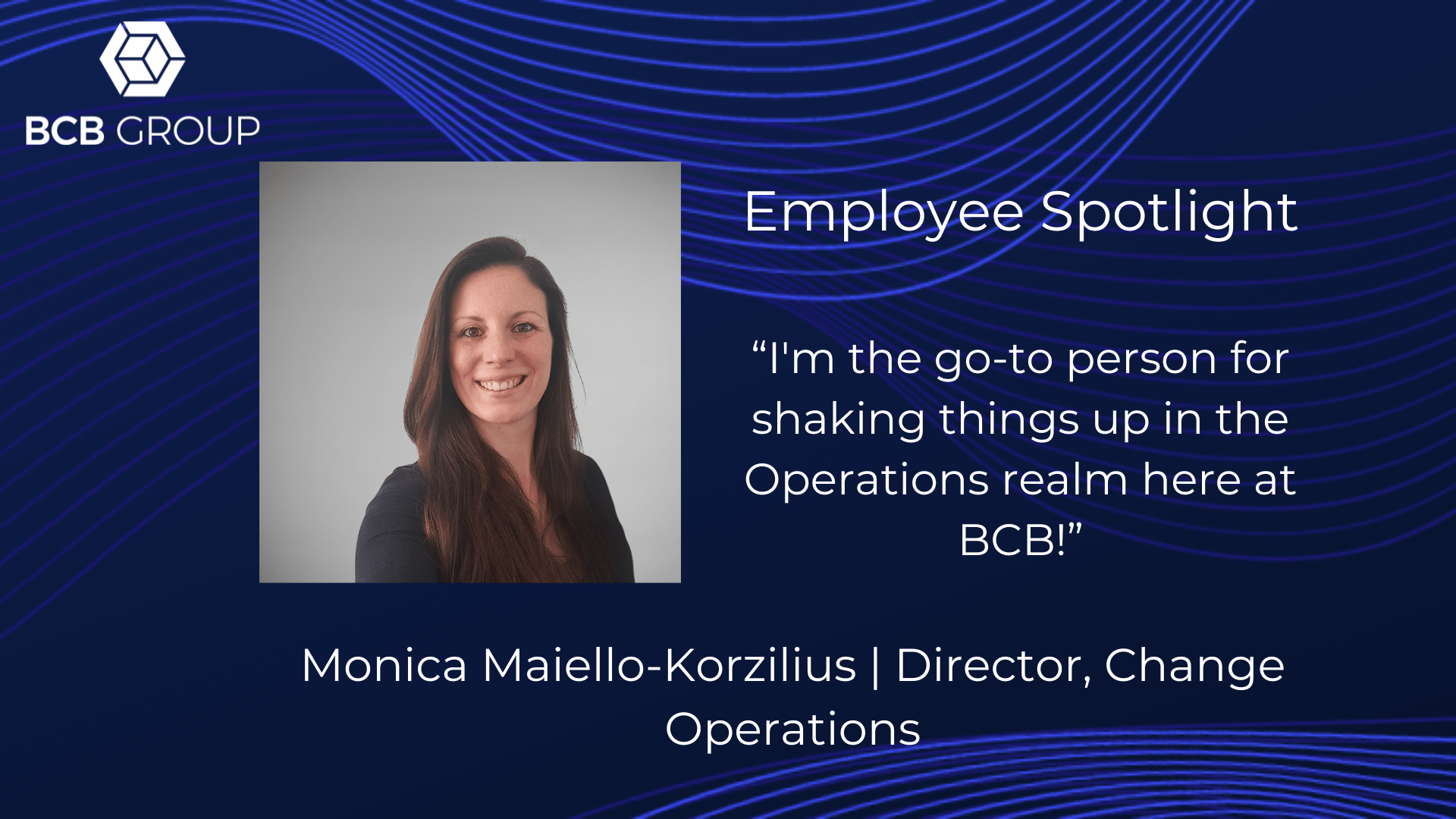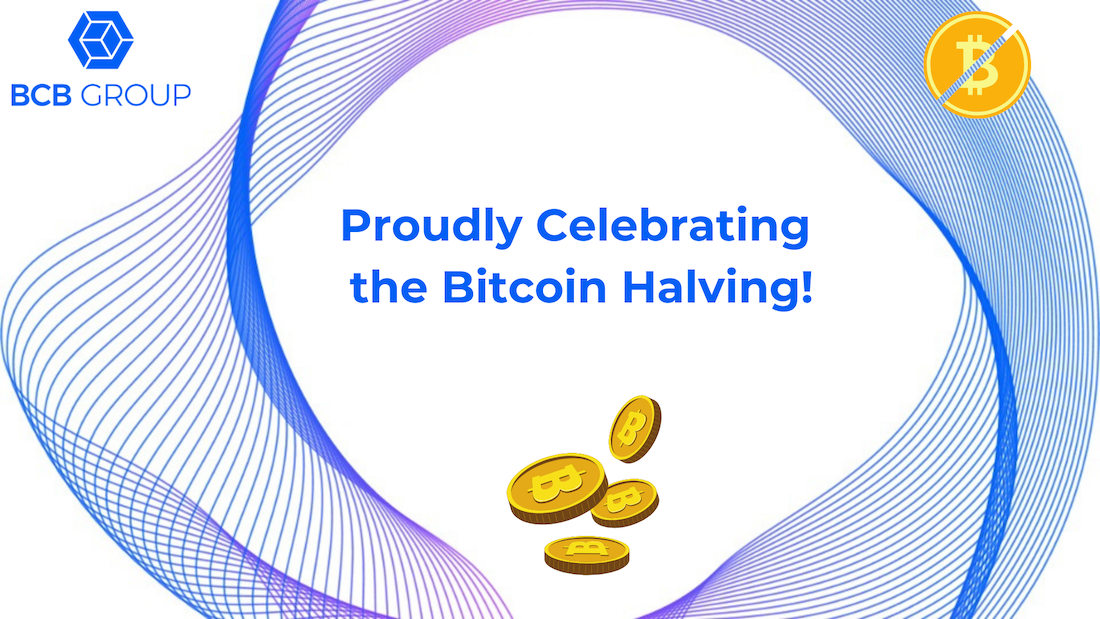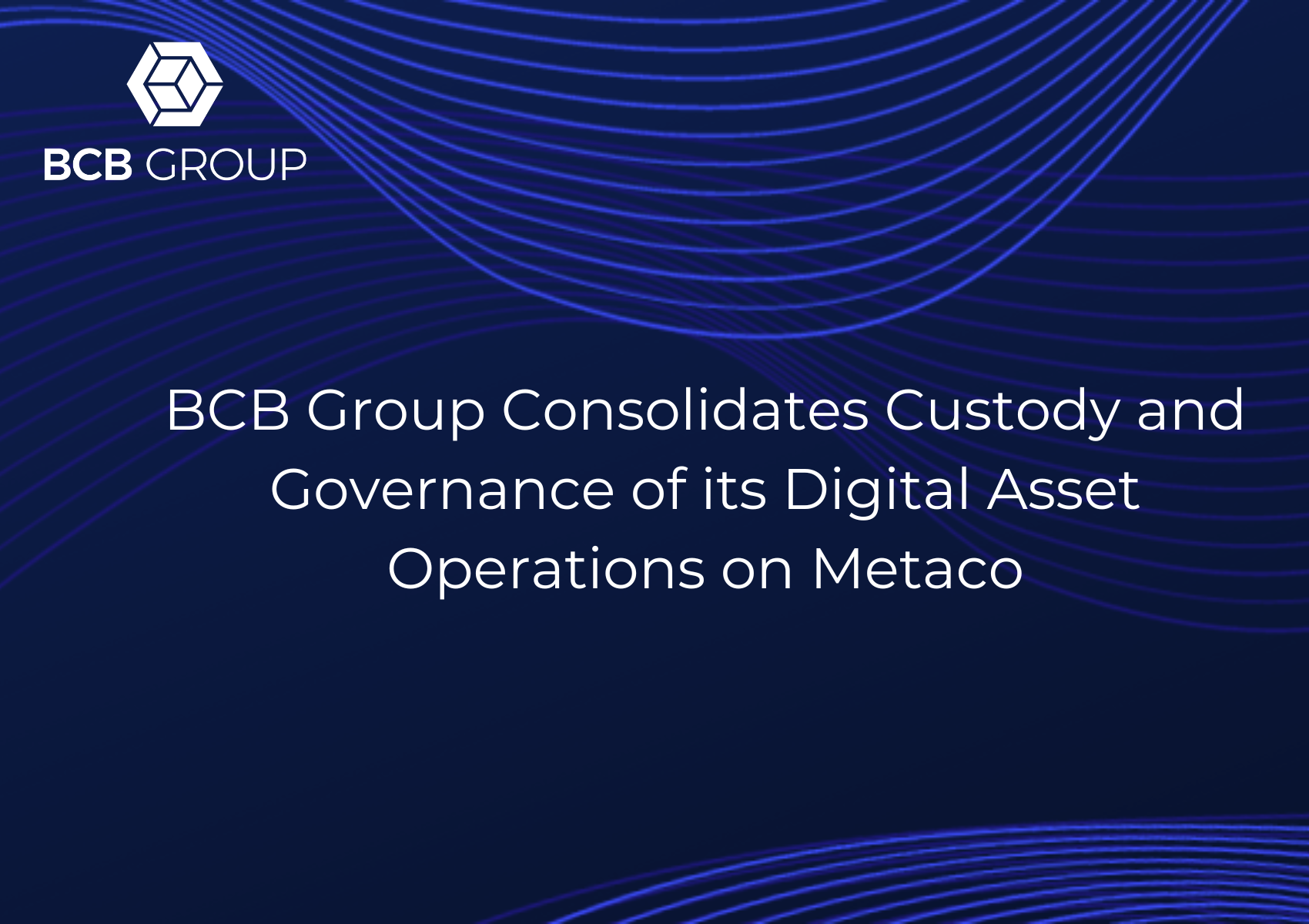NFTs: The Importance of Non-Fungible Tokens in 2021
The cryptocurrency ecosystem is ever-changing; there are a number of tokens, coins, currencies and assets that are available, each holding different value intrinsically. One such asset is NFTs, or non-fungible tokens, which are essentially types of cryptocurrency tokens that are indivisible and entirely unique. If you’re a little confused as to how they work and the applications that they may hold, don’t worry – we’ve put together our guide to NFTs below, so you can get up to speed. Here at BCB Group, we’re committed to giving our audience a more in-depth understanding of the cryptocurrency industry, helping to break down the barriers and support every institution in the digital asset economy who need the rails to move money.
You can learn more about non-fungible tokens in the cryptocurrency industry by reading below, or alternatively, you can get in touch with a member of our experienced team of crypto experts right here on the BCB Group website. After a chat with our team, we’re sure you’ll feel more confident and ready to engage with digital asset activity, secure in the knowledge that you’re working with a banking solution and crypto asset transactions and payments network that’ll keep you operating in a safe, functional, and efficient manner around the clock.
What are non-fungible tokens in cryptocurrency?
Unlike other cryptocurrencies that can be split into smaller portions that hold their own value, NFTs remain whole for the entirety of their existence – this means that NFTs are not interchangeable with other NFTs and hold a unique value. This creates a variety of different options when you’re looking to buy, sell, and trade rare or collectable items or assets such as artwork or items ingrained with blockchain.
But what are fungible and non-fungible assets? A fungible asset is one that’s easily interchanged with other assets, such as standard cryptocurrencies like Bitcoin and Ethereum – these can also be split into smaller units fractionally, in a way that each portion is indistinguishable from the next. The ability to be split fractionally is fundamental for any coin or token that is used as a method of payment, as the value of the coin may not always exactly match the value of the item or service that is being bought/sold.
NFTs are built on smart contracts, much like cryptocurrencies such as Ethereum and DAI, with the contract containing very specific information that differentiates this asset from any other on the market. Whilst this could be seen as an overcomplication of digital currency, it’s actually quite the opposite and presents a number of unique opportunities when it comes to trading rare items or commodities on a digital platform using crypto transactions.
Uses of NFTs: What are the applications?
There are many ways that NFTs can be used in the digital world, particularly when it comes to things like rare collectables, one-of-a-kind artwork, or blockchain-enabled games, all of which use non-fungible tokens in a different manner. To give you a better understanding of how the concept of NFTs can be implemented in real-use cases, here are a couple of the most prominent examples in the world today:
- The Gaming Industry
The gaming industry is one that thrives on technological advancements, high demand, and competitiveness, so it’s no surprise to see NFTs having a major breakthrough. In blockchain-enabled gaming, NFTs can be used to help generate value for the players, essentially giving the user more value and options in the purchases that they make. For example, in games that do not use non-fungible tokens, in-game purchases such as advanced level characters or upgraded armour will be limited to their use within this exact game and hold no value external to this. Alternatively, if this in-game purchase is made in an environment that uses cross-platform NFTs, this character or armour would hold a specific value that can be traded or exchanged for items in another game, or even for money and other digital assets. Overall, this presents a huge shift in the longevity of in-game purchases and ensures that these purchases have value post-transaction and retain this value for future trades.
- The Music Industry
This is an industry that has seen huge changes in the past decade, with the rise of streaming services leading to a shift in the way that artists are paid for the music that is consumed. Services such as Spotify and Apple Music are now the major ways that the majority of people listen to music, as opposed to physical formats such as CDs and vinyl records, which have a specific purchase value that the artist would receive a share of. In an attempt to try and recuperate some of these earnings, many artists are now exploring the possibilities of digital currencies and NFTs as a way to cut out subscription fees and offer fans something completely different to anything that has been seen before.
One of the pioneering artists in this regard is Kings of Leon, who released NFT versions of their latest album for a strict two-week period. In this period, there were an unlimited number of NFT albums available, but after this period, their sale ceased forever. This creates a limited number of albums, thus making these items incredibly collectible. The NFT version of the album included a digital download of the album, a physical vinyl record, unique digital artwork, and, most importantly, a token that proves ownership of the asset.
If you’re ready to start learning more about the world of cryptocurrency, or you’d like to find out how BCB Group could help your institution with business banking and trading services get in touch with a member of BCB Group’s expert team today.


